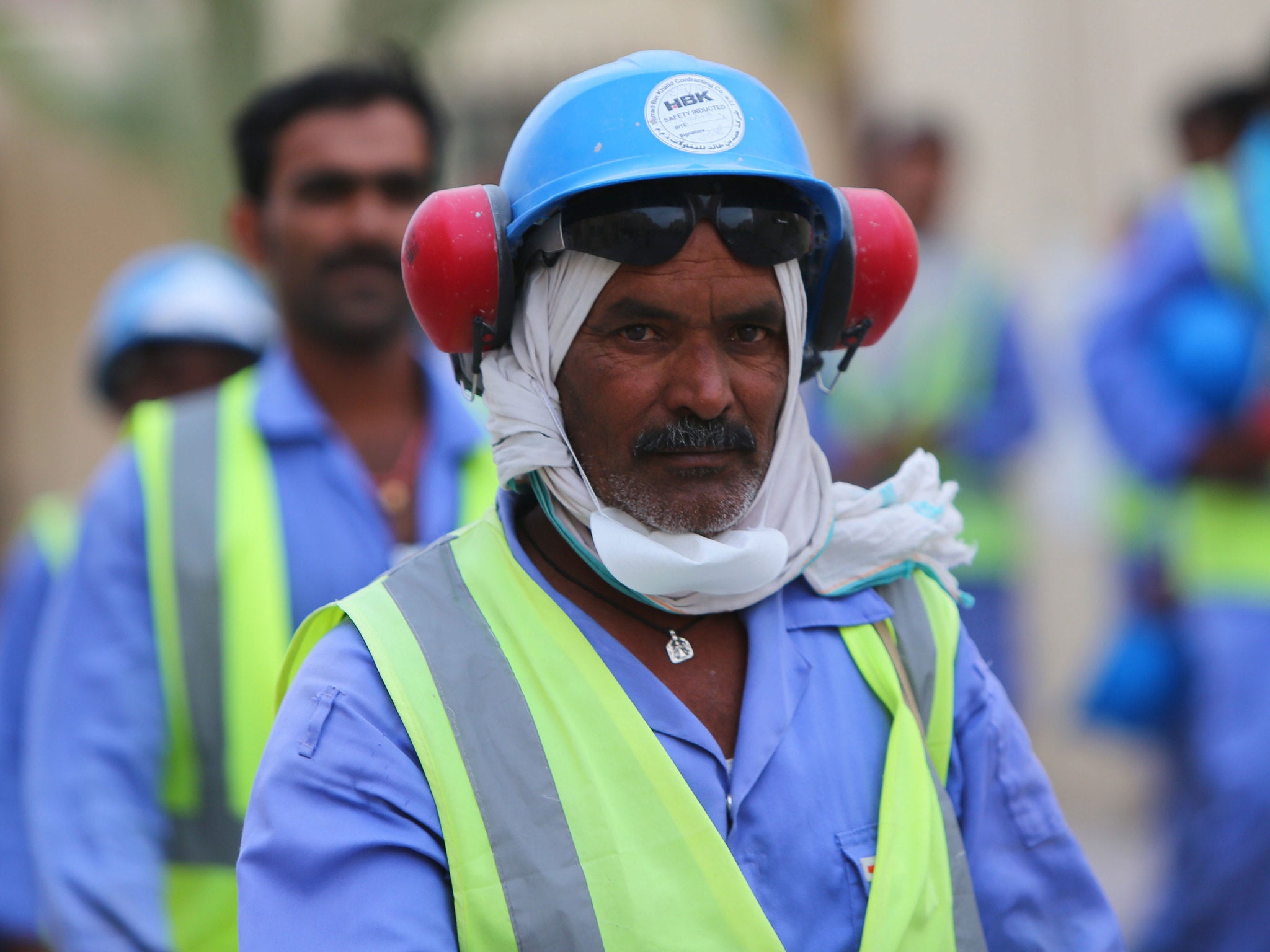BBC journalist tells of his arrest in Qatar after filming World Cup labourers
Mark Lobel and his team had been reporting on the condition of migrant labourers ahead of the 2022 World Cup... at the invitation of the Qatari authorities.

A BBC journalist has recounted how he and his team were arrested and detained in Qatar while attempting to film the living and working conditions of the country's low-paid Nepali labour force. Something the BBC had been invited to do by the Qatari authorities in the fist place.
The arrest took place while the team were travelling to a labour camp outside Doha, the Qatari capital, to gather additional footage for their report.
Mark Lobel, the BBC's Middle East correspondent, and his three-man team were held for nearly two days before being released.
The BBC had been invited to Qatar as part of a PR tour to view new accommodation built for Qatar's migrant workforce and following his release Lobel was ushered back onto the official media trip.
"It was as if nothing had happened, despite the fact that our kit was still impounded, and we were banned from leaving the country," Lobel wrote in an article on the BBC website.
He said that Qatar had brought no charges against him or his team but that their belongings had not been returned.
Lobel also reported that Qatar had kept the group under surveillance ahead of the arrest, saying that security officials shown him photographs of himself at a coffee shop and lying by a swimming pool.
Qatar has been widely criticised for its treatment of migrant labourers, large numbers of whom are working on construction projects for the 2022 FIFA World Cup due to be held in Qatar.
Rights groups say many of the labourers live in poor and often unsanitary conditions and can go unpaid for months. Qatar's kafala system, which ties migrant labourers to their employer or sponsor, has also come under scrutiny.
In December last year a report by The Guardian newspaper said that Nepali labourers working on Qatar's World Cup infrastructure had died at a rate of two a day in 2014.
Unhappy with the international criticism over its treatment of migrant labour, Qatar has reacted strongly. In March Qatari officials arrested journalists from West German Broadcasting (WDR) working on a documentary on the plight of migrant workers in Qatar.
Join our commenting forum
Join thought-provoking conversations, follow other Independent readers and see their replies
Comments